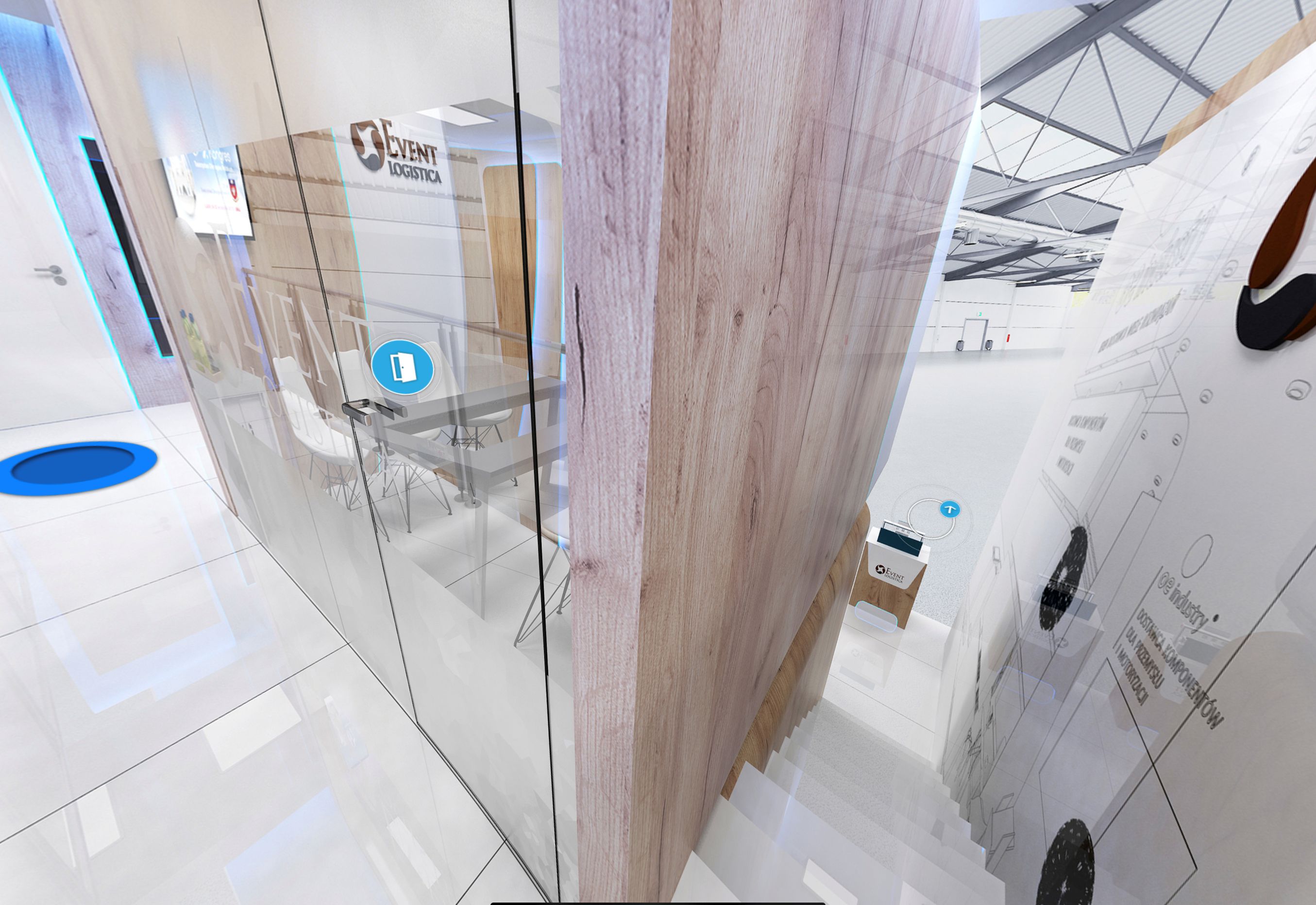Will trade fairs, like many events, move to the Internet? Due to the necessity to limit meetings, does virtual exhibition fairs have a chance to replace the traditional ones? The form of the online fair resembles traditional events – exhibitors must register, pay for the fair space, prepare the stand and information materials. Visitors “come” to the fair on a specified date and, using the interactive platform, “visit” the stands of their interest. Virtual exhibition stands these are the “places” that exhibitors occupy in the virtual exhibition hall. Clicking on the icon representing the position of a given company allows visitors to access the company’s offer, catalogs and other information materials about the company, also in the form of videos. In addition, they can chat with a company representative, apply for an offer or purchase a product online, it is also possible to redirect to the company’s website or fanpage on Facebook.
Advantages of virtual exhibition stands
First of all: saving money and time to prepare the stand. Virtual exhibition stands do not have to be designed in a physical form, transported to the site and set up. They can be operated by one person from the company’s headquarters, and advertising materials are only needed in a digital version, there is no need to print them.
Virtual exhibition stands are available to a wider group of interested people, even from around the world. What’s more, virtual fairs last longer than the standard ones – a few, a dozen or even several dozen days. With less effort and money, you can be available to potential new customers for longer.
More forms of communication with visitors. Two-way contact can take place via chat or video-conversation, moreover, exhibitors can prepare presentations, webinars or podcasts presenting the company and the offer.
Exhibitors decide how the virtual exhibition stands look. They choose graphics, banners, videos, add descriptions, photos and videos. They have a large impact on the amount of information posted and their sales effectiveness.
Exhibitors have the ability to analyze customer behavior in real time, unlike traditional fairs. Statistics can also be collected after the entire day of the event or at the end of the fair. The statements include, for example, the number of visitors, time spent at the stand, interactions undertaken, number of catalogs downloaded or orders placed.
To sum up: virtual trade fairs and virtual exhibition stands are an uncomplicated way to reach a large number of potential customers with a small financial and organizational contribution. In the current global situation, participation in fairs of this type is a great opportunity to develop your own company.



